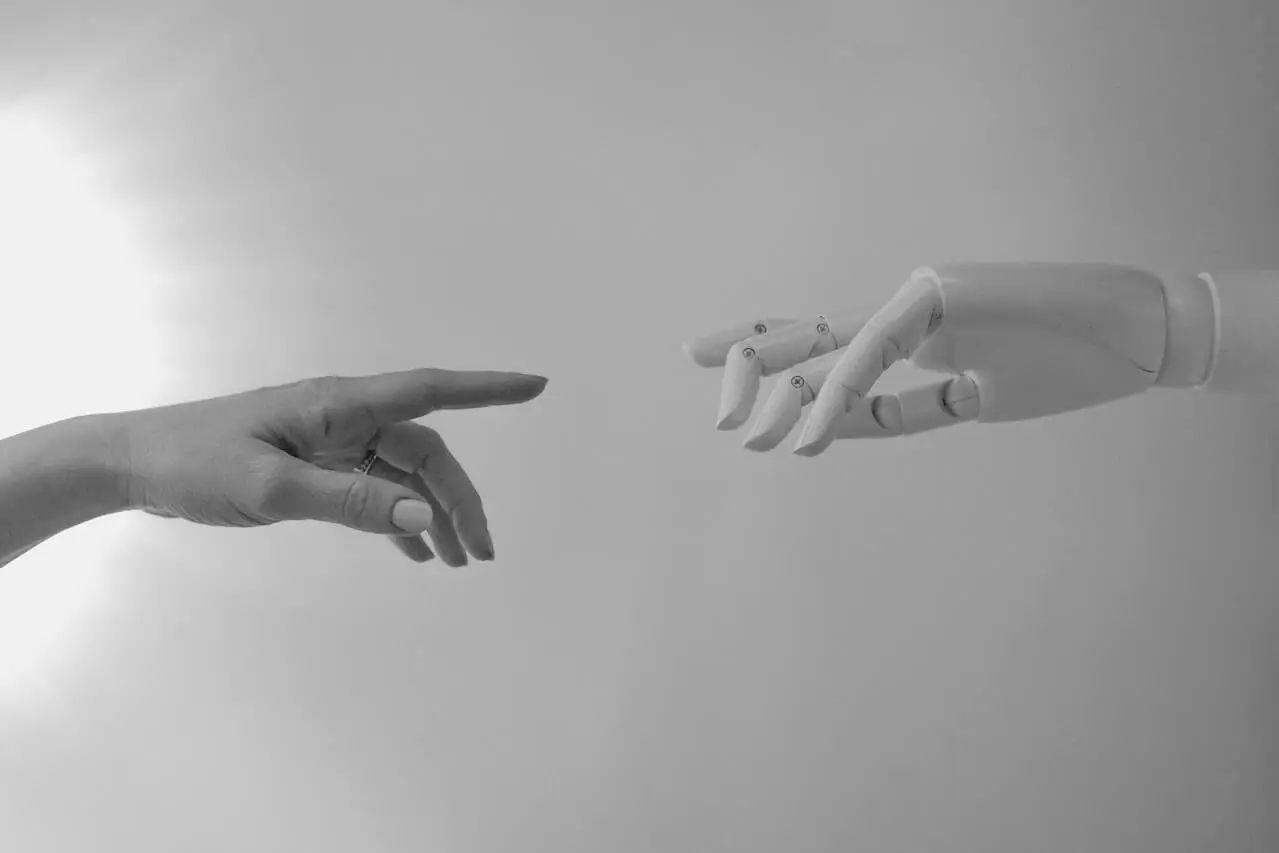Originally published May 2, 2023 , updated on February 16, 2026
Before the introduction of AI content writers like ChatGPT, human writers took on the task. These writers would typically conduct research, gather information, and then use their own creativity and language skills to craft written pieces.
The creation process involved several stages: brainstorming, outlining, drafting, and revising. Writers had to ensure their pieces were informative, engaging, and easy to read. They also had to ensure they were optimised for search engines and social media platforms.
Creating pieces for digital marketing was a time-consuming process that required a significant amount of skill and effort accordingly. Writers had to stay current with the latest industry trends and developments. It was important to create relevant and useful information for their target audience.
Overall, the process was largely manual and relied on the skills and experience of human writers. Automated content writing tools like ChatGPT have revolutionised the creation process by automating many tasks involved in creating written pieces.
What will change for writers as they compete against AI content writers? Will they be completely replaced or not? Let’s find out some answers in this article.

Automated Content Writing: What Does It Mean for Human Writers?
First, AI content writers simply can’t replace human writers completely.
AI content writers are computer programs that use machine learning algorithms to generate text based on pre-programmed rules and patterns. Sure, they can create pieces that are grammatically correct and coherent. But they lack the creativity, empathy, and understanding that humans possess.
Human writers can produce pieces that:
- Resonate with specific audiences
- Incorporate their unique perspectives
- Generate emotional responses
They can think critically, research and fact-check information, and communicate effectively. Furthermore, AI content creators are limited in their ability to understand the context, tone, and intent of human communication. They cannot recognise sarcasm, humour, or irony and cannot adjust their writing style based on the audience’s feedback.
However, this doesn’t mean these tools aren’t useful. Writers need to embrace AI-based content creation and use it to their advantage. Here is what lies in store for writers and how they can leverage AI to their advantage:
1. Changes in Job Responsibilities
With the introduction of AI content creators, human writers may experience changes in their job responsibilities. They will need to learn how to integrate AI content creators with their work. To work alongside AI content writers, they may need to learn new skills such as data analysis, machine learning, and programming.
The advantage here is that AI-based content creation can now do the tedious, data-heavy, or repetitive parts of their jobs. Humans can shift their focus from mundane tasks to more creative and strategic tasks. This shift can help businesses optimally utilise human intelligence and expertise.
2. Embrace Collaboration With AI
Human writers should embrace collaboration with AI-based content creation. As discussed, they can surely use AI content creators to automate repetitive tasks. They can focus on more creative and high-level tasks that require complex human understanding.
By collaborating with AI content writers, human writers can improve the efficiency and quality of their work. They can also manage their time better and create more output than they could in the past.
3. Stay Relevant With Learning and Upskilling
Human writers need to stay relevant by continuously learning and upskilling. They should keep themselves updated with the latest trends and technologies in the industry, such as AI, machine learning, and natural language processing.
They should also learn new skills that complement AI, such as data analysis, research, and strategy. By learning and upskilling, human writers can stay ahead of the curve and remain competitive in the industry.
4. Develop an Understanding of AI

Human writers should learn about the strengths and weaknesses of automated content writing, such as their ability to generate information quickly and accurately but with a lack of creativity and empathy. They should also learn about the ethical considerations and implications of AI in content creation.
By developing an understanding of automated content writing, human writers can leverage its capabilities and mitigate its limitations. This understanding can also go a long way to help humans appreciate AI and not be scared or intimidated about its effects.
5. Focus on Quality and Uniqueness
Human writers should also focus on creating high-quality, unique pieces that resonate with their audience. They should use AI content creators to assist them in generating ideas, researching information, and optimising their content.
By focusing on quality and uniqueness, human writers can indeed differentiate themselves from automated content writing and provide value to their audience.
The Takeaway
In conclusion, introducing AI content creators will change the job responsibilities of human writers. The status quo might change, which can bring feelings of insecurity.
But by embracing collaboration with AI, staying relevant with upskilling, developing an understanding of AI, and focusing on quality and uniqueness, human writers can use AI-based content writing to their advantage and remain competitive in the industry.
By adapting to the changing marketing landscape, human writers can ensure their continued success in the industry. It’s time for humans and organisations to embrace AI-based content with open arms and use it to their advantage.
Post Views: 1444


















